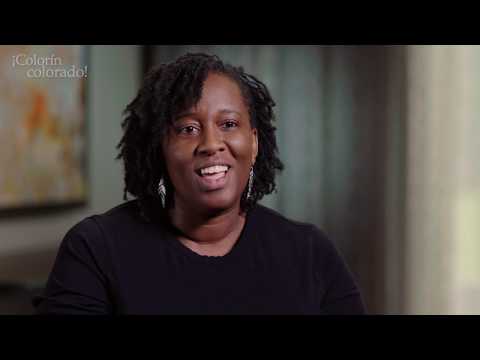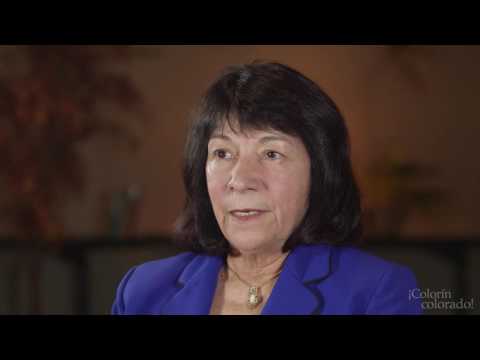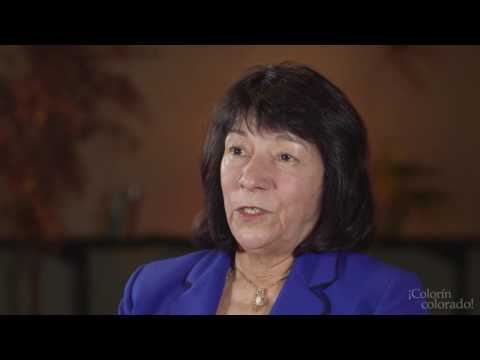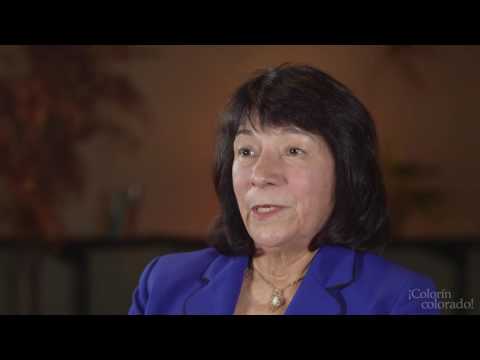Special Education and ELLs: The Critical Need for Collaboration

Collaboration is essential when identifying the needs of English language learners (ELLs) -- different team members bring different kinds of expertise and will be much more effective than trying to make decisions in isolation. Learn more about why collaboration matters and how to improve collaboration from these tips and videos.
Featured Articles
- Helping English Language Learners Succeed with a Multi-tiered System of Support (MTSS)
- A Hidden Language: Supporting Students Who Speak Mixtec
- A Word Beginning with "T": "Maestra"
- ESOL and Special Education Collaboration: A Teacher's Perspective
- Serving English Learners with Disabilities: How ESL/Bilingual Specialists Can Collaborate for Student Success
Related Video
Recommended Resources
- The Roles of Interpreters and Speech-Language Pathologists for ELLs with Disabilities (Impact: University of Minnesota, 2013)
- Working Together: One District’s Transformation in Teaching English Learners with Disabilities (Impact: University of Minnesota, 2013)
Acknowledgements
This resource section was made possible through our partnership with the National Education Association. Additional support was provided by the American Federation of Teachers.














